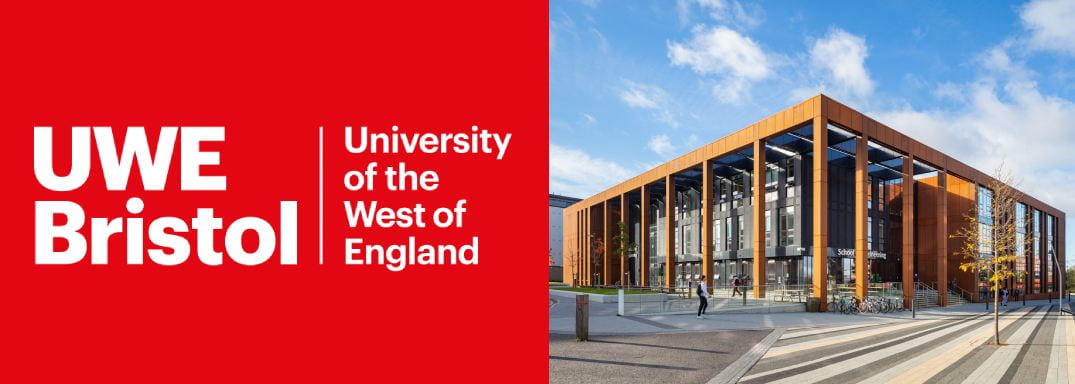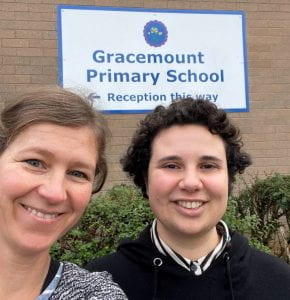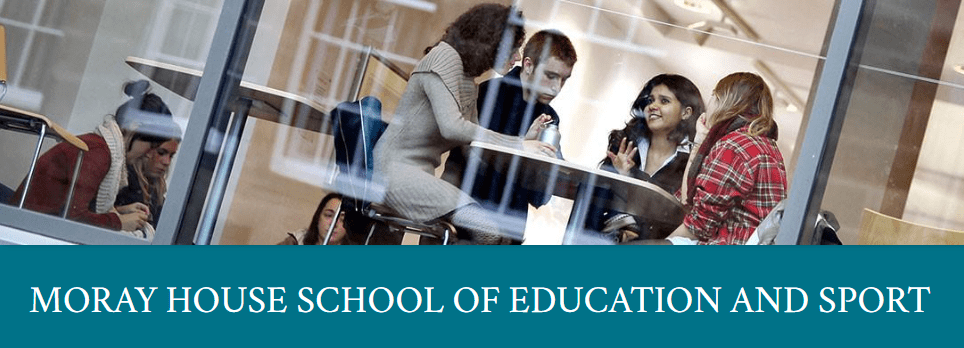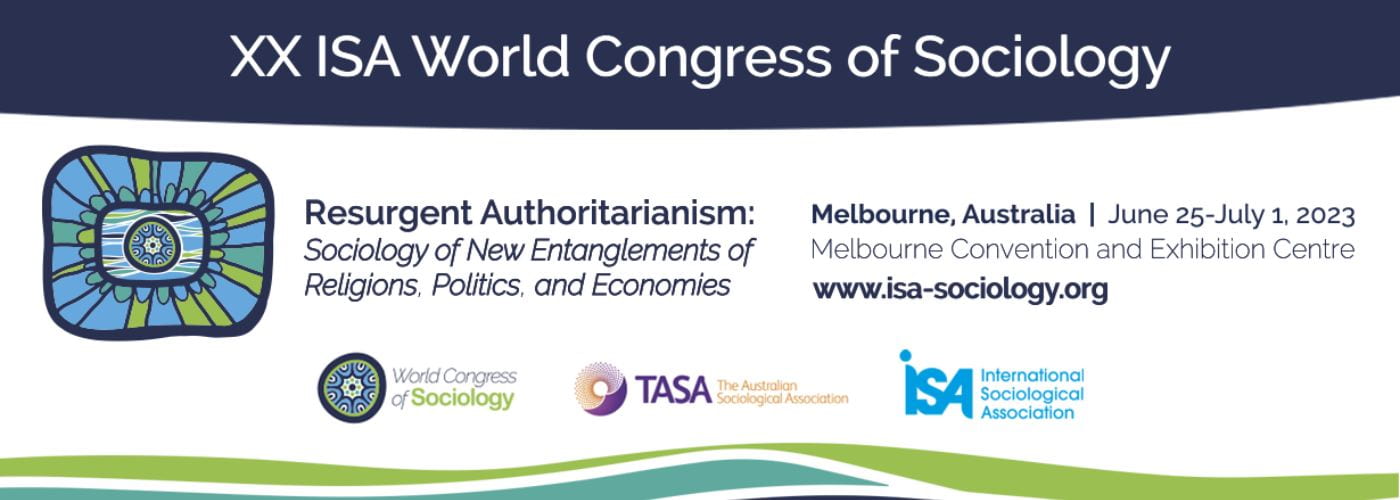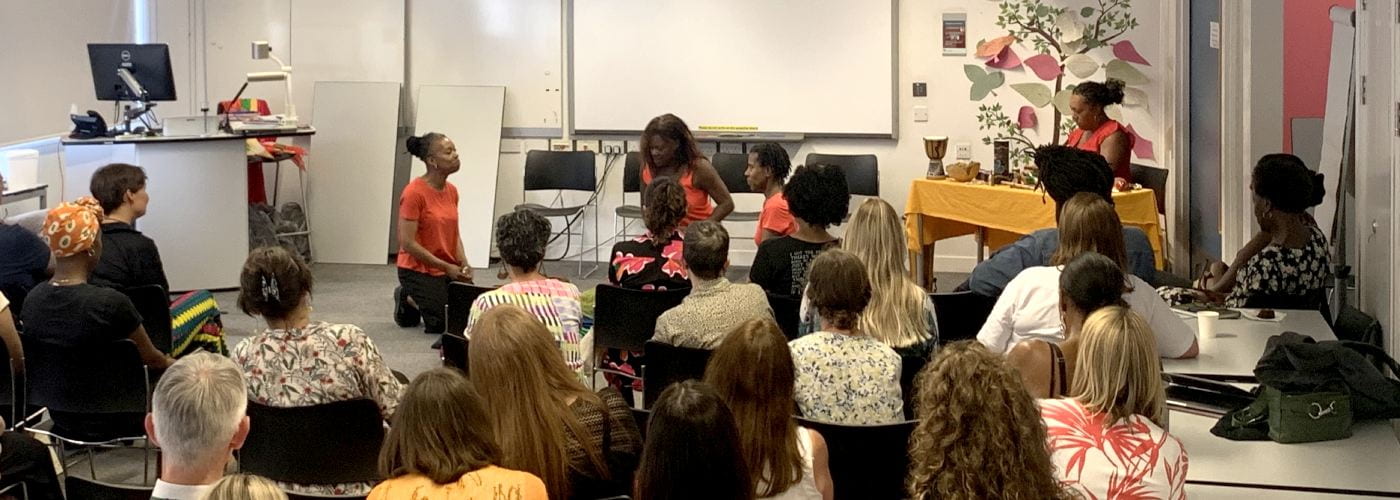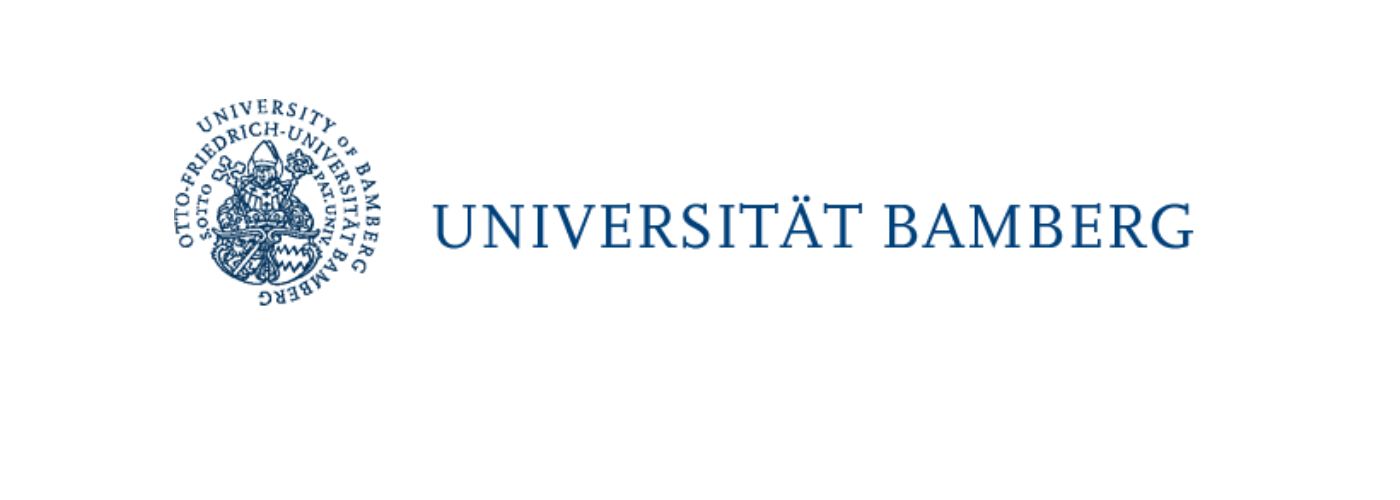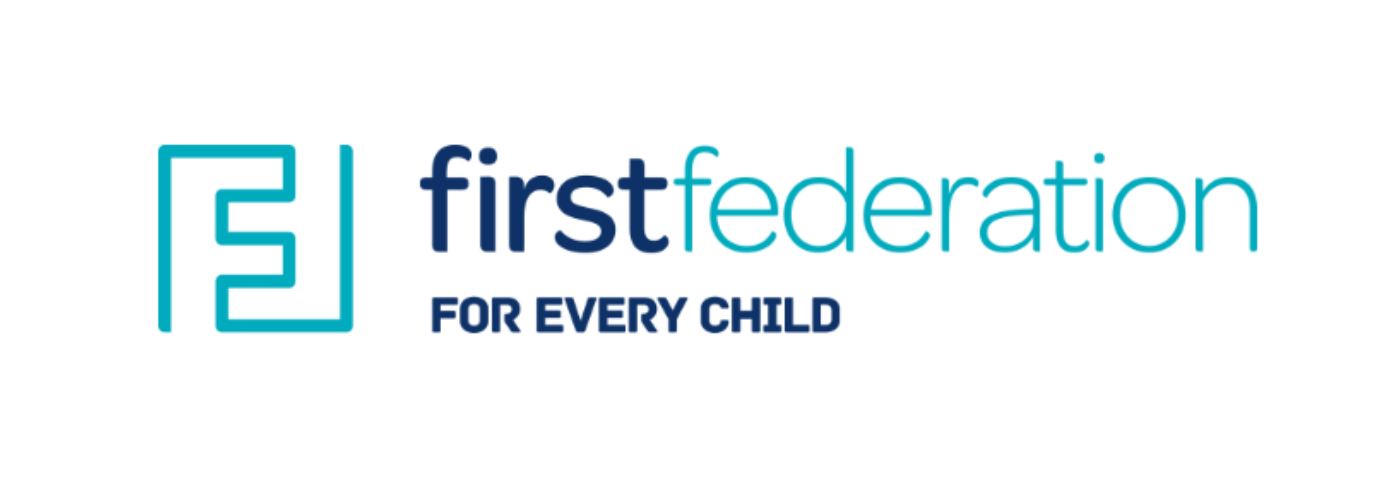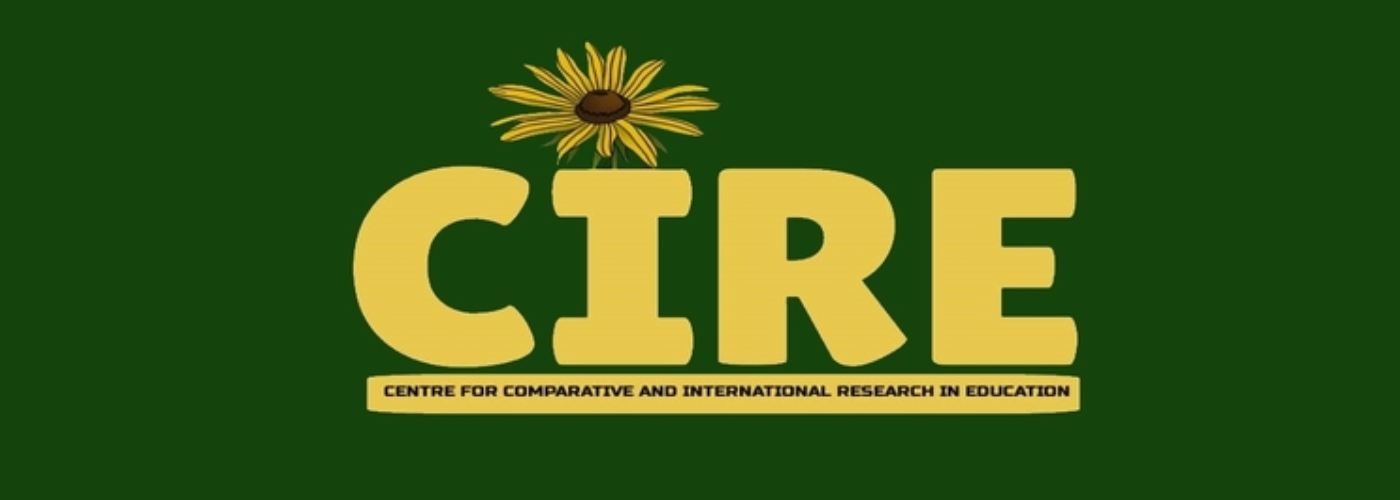
On the 17th of May, Katherin and Valentina presented findings from the BIPE project at the University of Bristol, School of Education (SoE) Research Celebration Day.
Katherin and Valentina presented preliminary results from the BIPE project investigating how students’ demographic, socioeconomic, and ethnic background influences teachers’ perceptions of the school performance and academic attitudes of primary school students in England, Scotland, and Germany using three large-scale longitudinal survey: the Millennium Cohort Study, Growing Up in Scotland, and the National Educational Panel Study.
The presentation started with preliminary findings exploring the associations between student background and discrepancies between teacher perceptions of student academic attitudes (or abilities) and the students’ own reports of these attitudes (or cognitive assessment of these abilities). It then focused on three different studies that used multivariate analysis to investigate, respectively, social class & discrepancies in perceptions of student effort and enjoyment, ethnicity & discrepancies in perceptions of student misbehaviour, and socioeconomic status & teacher biased perceptions of students’ language skills.
Slides from the workshop can be found on our ‘Teaching materials’ page.


